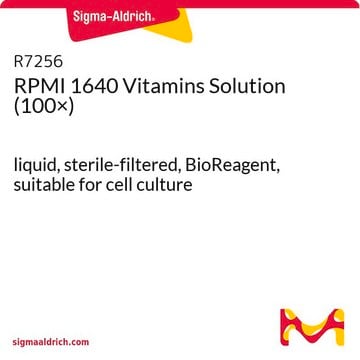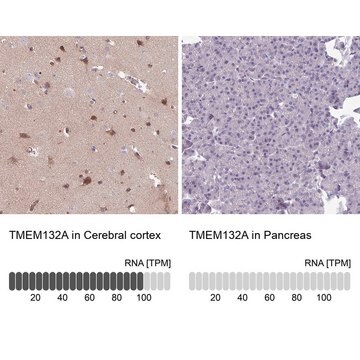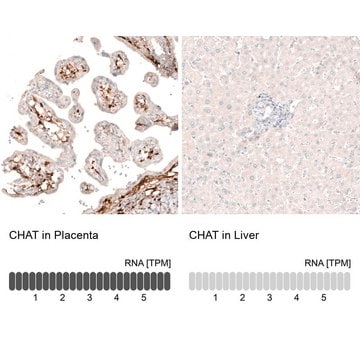HT-CDOAC100
Cadmium(II) acetate
SAFC Hitech®, anhydrous, 99.995%
About This Item
Recommended Products
grade
anhydrous
product line
SAFC Hitech®
Assay
99.995%
mp
255-273 °C
SMILES string
CC(=O)O[Cd]OC(C)=O
InChI
1S/2C2H4O2.Cd/c2*1-2(3)4;/h2*1H3,(H,3,4);/q;;+2/p-2
InChI key
LHQLJMJLROMYRN-UHFFFAOYSA-L
Looking for similar products? Visit Product Comparison Guide
Legal Information
Signal Word
Danger
Hazard Statements
Precautionary Statements
Hazard Classifications
Acute Tox. 4 Dermal - Acute Tox. 4 Inhalation - Acute Tox. 4 Oral - Aquatic Acute 1 - Aquatic Chronic 1 - Carc. 1B - Muta. 1B - STOT RE 1 Oral
Storage Class Code
6.1C - Combustible, acute toxic Cat.3 / toxic compounds or compounds which causing chronic effects
WGK
WGK 3
Flash Point(F)
Not applicable
Flash Point(C)
Not applicable
Choose from one of the most recent versions:
Already Own This Product?
Find documentation for the products that you have recently purchased in the Document Library.
Our team of scientists has experience in all areas of research including Life Science, Material Science, Chemical Synthesis, Chromatography, Analytical and many others.
Contact Technical Service











